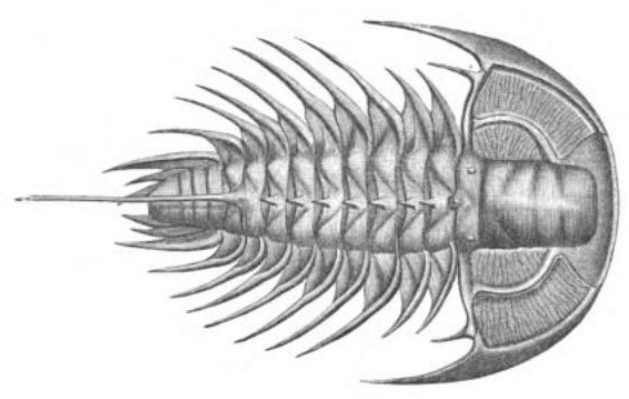What’s the Password

If you wanted an alcoholic drink one hundred years, you were out of luck. You either waited until 1933, when the constitutional ban on liquor was lifted, or you found your way to an underground establishment known as a “speakeasy”. It was called a speakeasy because you had to “speak easy” about it. Loose lips sink… well, the illegal consumption of alcohol.
To get into a speakeasy, you often had to know the password. If you’ve ever seen an old movie where someone walks up to a door, knocks, and waits for a slat to open so they could say the appropriate password, that’s what it was like. The passwords were closely guarded secrets. If they weren’t, there would be no point to the whole endeavor.
Do you know who else often needs a password (for food – not alcohol)?
Fairy-wrens.
Yes. Baby fairy-wrens or nestlings. As incredible as that might sound, it’ll sound even more so when I tell you how and when they first learn it.
They learn it from their mother before they are born. If this were an episode of my podcast, I would insert a dramatic sound to emphasize that last statement.
Researchers at Flinders University’s BirdLab in Australia discovered that fairy-wren babies learn a one-note password from the mothers, who would sing it to them from outside the egg. The nestlings would then imitate this note after they were born when begging for food. It helped the mother identify her nest and also avoid feeding imposter nestlings placed there by cuckoo birds who slip their eggs into foreign nests to be fed.
The research team also found that incubating birds, still in the eggs, learn how to sing from their mother. They measured this by first monitoring the changes in the heart rate of the nestling (using a non-invasive method) while listening to their mother before they are born. They then studied how similar the nestlings sounded to their mother after they were born compared to other fairy-wrens.
Vocal learning in birds has many of the same benefits we enjoy as humans. It helps them identify potential mates, express their wants, and socialize. When fairy-wren babies hatch, they begin to test out their newfound ability to vocalize, incorporating some of what they learned while in the egg. Their mother’s reaction tells them whether or not they’ve succeeded. A positive response ensures that they are singing the right song. Singing the correct note, or “password”, means more food and attention.
“This result is exciting as it opens the door to investigating the taxonomic diversity of this ability, which could provide insights into why it evolves.” -Dr. William Feeney of the University of Queensland
When you think about it, fairy-wren parents pass on single-note memes to their offspring, and not only genes.
The world gets more interesting every day.
References:
-
Colombelli-Négrel, Diane, Mark E. Hauber, et al. “Embryonic Learning of Vocal Passwords in Superb Fairy-Wrens Reveals Intruder Cuckoo Nestlings.” Current Biology, vol. 22, no. 22, 2012, pp. 2155–60. Crossref, doi:10.1016/j.cub.2012.09.025.
-
Colombelli-Négrel, Diane, Mark E. Hauber, et al. “Prenatal Auditory Learning in Avian Vocal Learners and Non-Learners.” Philosophical Transactions of the Royal Society B: Biological Sciences, vol. 376, no. 1836, 2021, p. 20200247. Crossref, doi:10.1098/rstb.2020.0247.
-
Colombelli-Négrel, Diane, Michael S. Webster, et al. “Vocal Imitation of Mother’s Calls by Begging Red-Backed Fairywren Nestlings Increases Parental Provisioning.” The Auk, vol. 133, no. 2, 2016, pp. 273–85. Crossref, doi:10.1642/auk-15-162.1.
